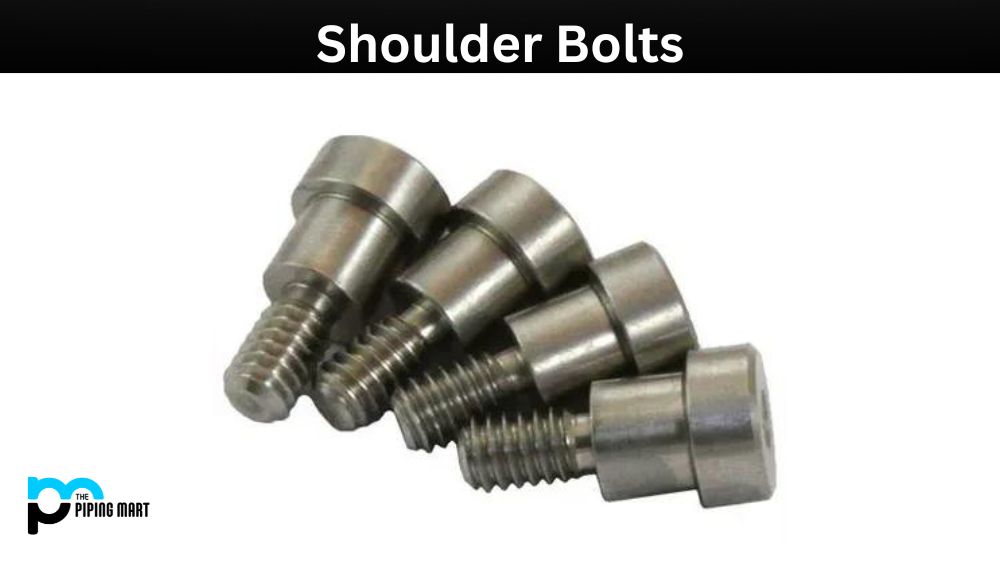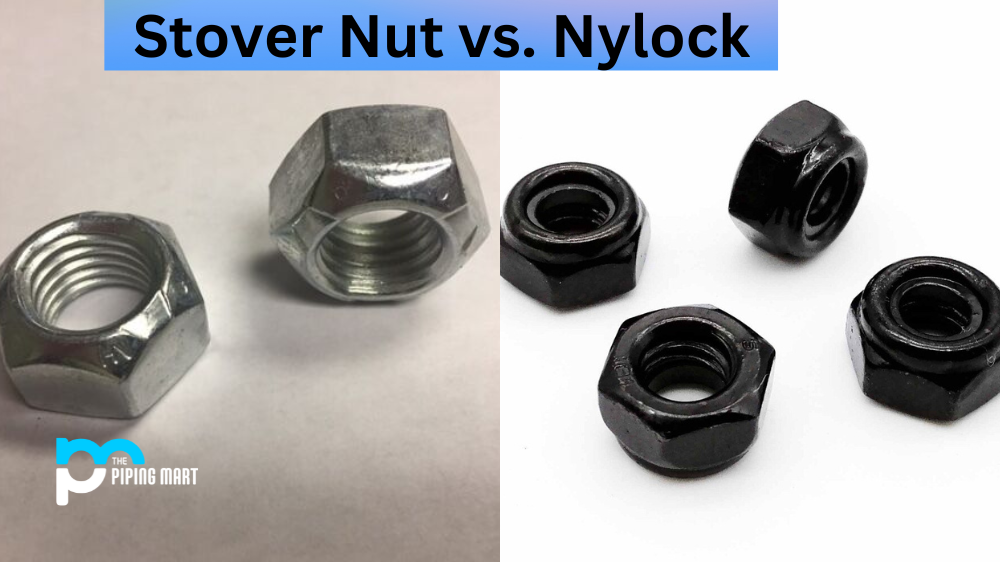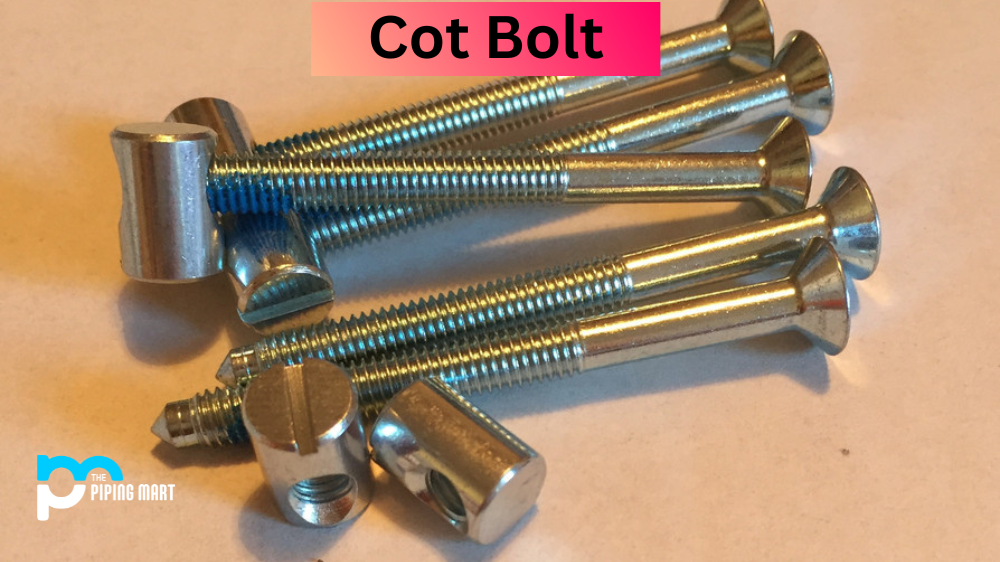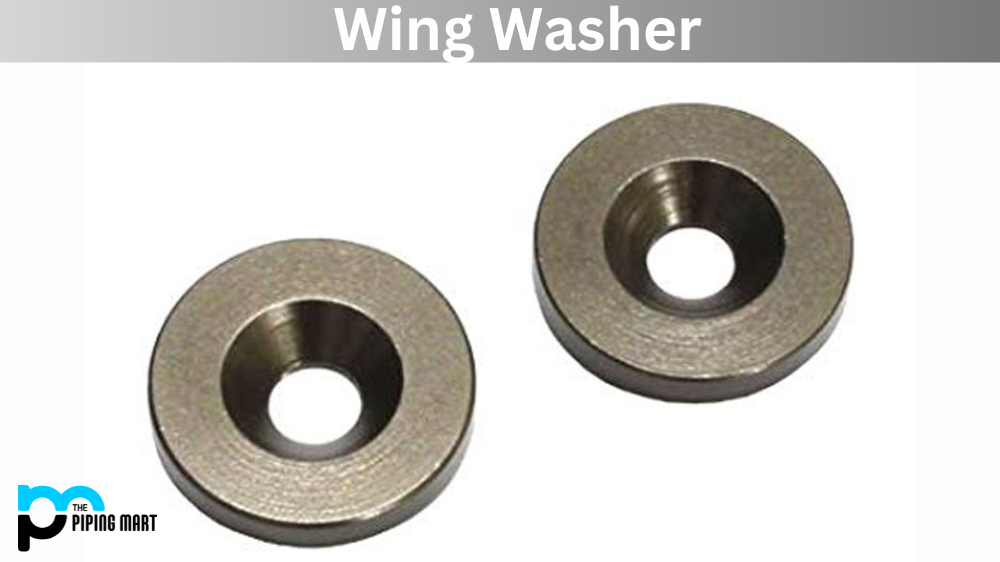Anyone with mechanical work or experience with fasteners has probably heard of shoulder bolts. They are a bolt type with a longer unthreaded shoulder and a smaller threaded end. These bolts come in various sizes and materials and have different uses depending on the application at hand. In this blog post, we will discuss shoulder bolts’ advantages and disadvantages and how they can benefit or hinder your project.
Advantages of Shoulder Bolts
Precise Alignment:
Shoulder bolts allow for precise alignment because of the smooth, unthreaded shoulder that fits tightly into the hole drilled into the surface that requires a fastener. The shoulder provides a pin-like action that prevents the bolt from rotating during insertion, making it ideal for holding precision components in place.
Efficient Fastening:
Shoulder bolts can secure multiple parts together, such as machinery, light-duty vehicles, and electronic devices, without excessive threading or additional pieces of hardware. This makes them more efficient to install compared to other types of bolts.
Simple to Remove:
With a shoulder bolt, you can easily remove a part, even when tightly secured. You can unscrew it from the opposite side of the fastener, preventing the threaded end from becoming inaccessible during removal. This ease of removal is especially helpful in repair work, where you may need to take apart a device or machine quickly.
Disadvantages of Shoulder Bolts
Less Strength:
Shoulder bolts can handle a slightly lower load than regular bolts of the same size and material. This is because of the reduced area of threading. There might be better choices for applications that require extra strength and durability.
Requires Precision Drilling:
Installing a shoulder bolt requires drilling a precise hole size to fit the unthreaded shoulder. Disturbance during the drilling process can result in a loose or protruding bolt, rendering the whole fastening process ineffective.
Specialized Use:
Shoulder bolts are specialized fasteners that do not possess the general application use of other bolts. They are ideal for specific applications but may only be useful in some applications. You may need to consult a specialist to determine whether an alternative fastener is a better option for your application.
Conclusion:
In conclusion, shoulder bolts remain versatile and useful in many industries, such as automotive, electronics, and manufacturing. They offer benefits such as precise alignment of parts, efficient fastening, and ease of removal. However, they also have disadvantages, such as requiring a precise hole size to be effective, being less strong than other bolts, and being useful primarily in specified applications. It is essential to weigh the advantages and disadvantages of shoulder bolts and consider other bolt options to determine what suits your application’s unique nature.

Meet Bhavesh, a seasoned blogger with a wealth of knowledge and experience. From metal products manufacturing to retail, Bhavesh has a diverse background in various industries and is dedicated to sharing his insights and expertise with readers.




